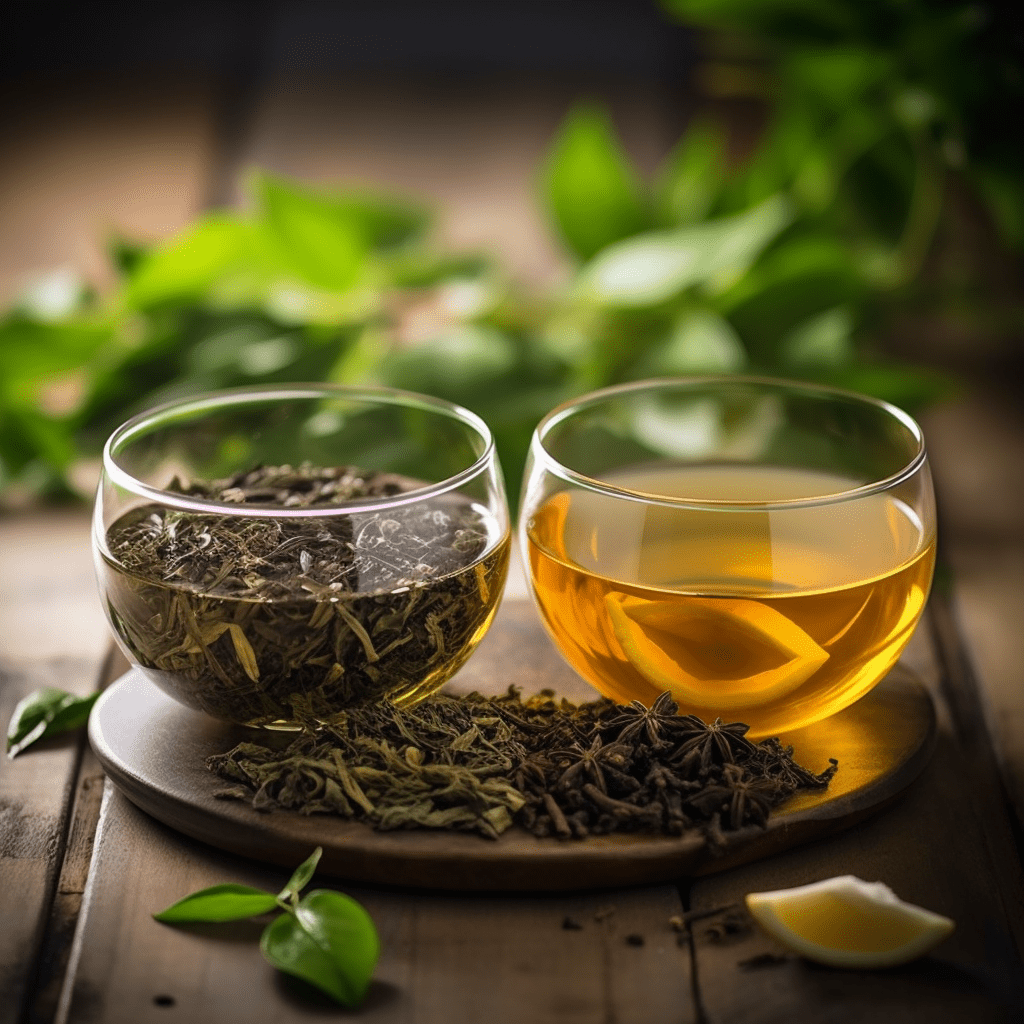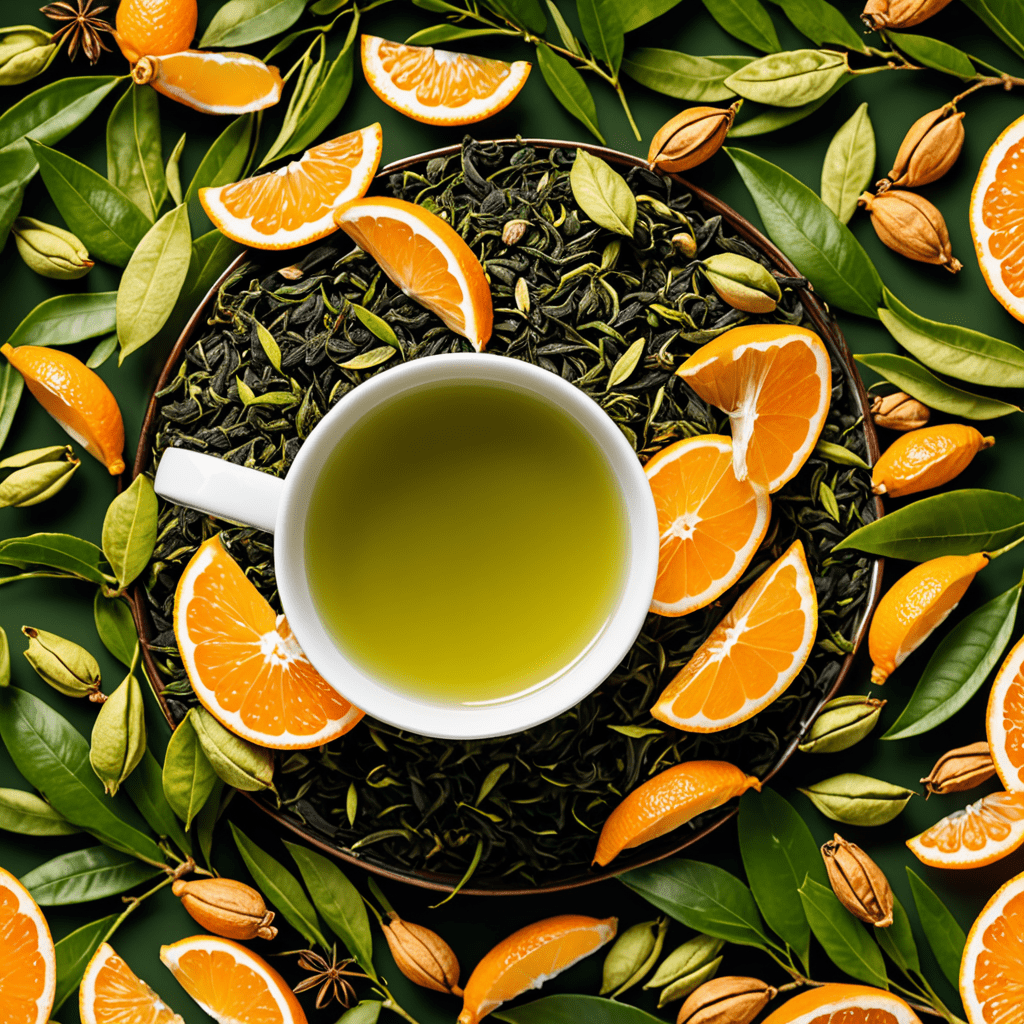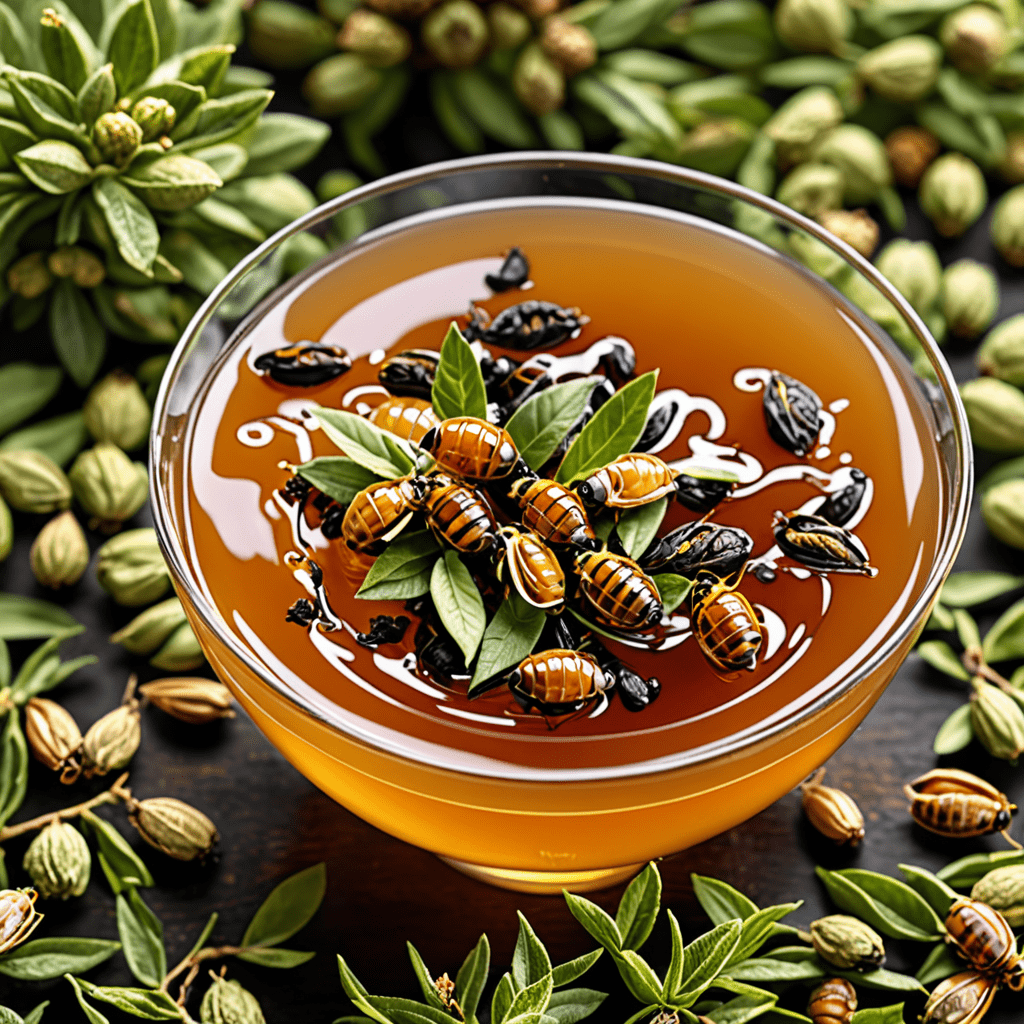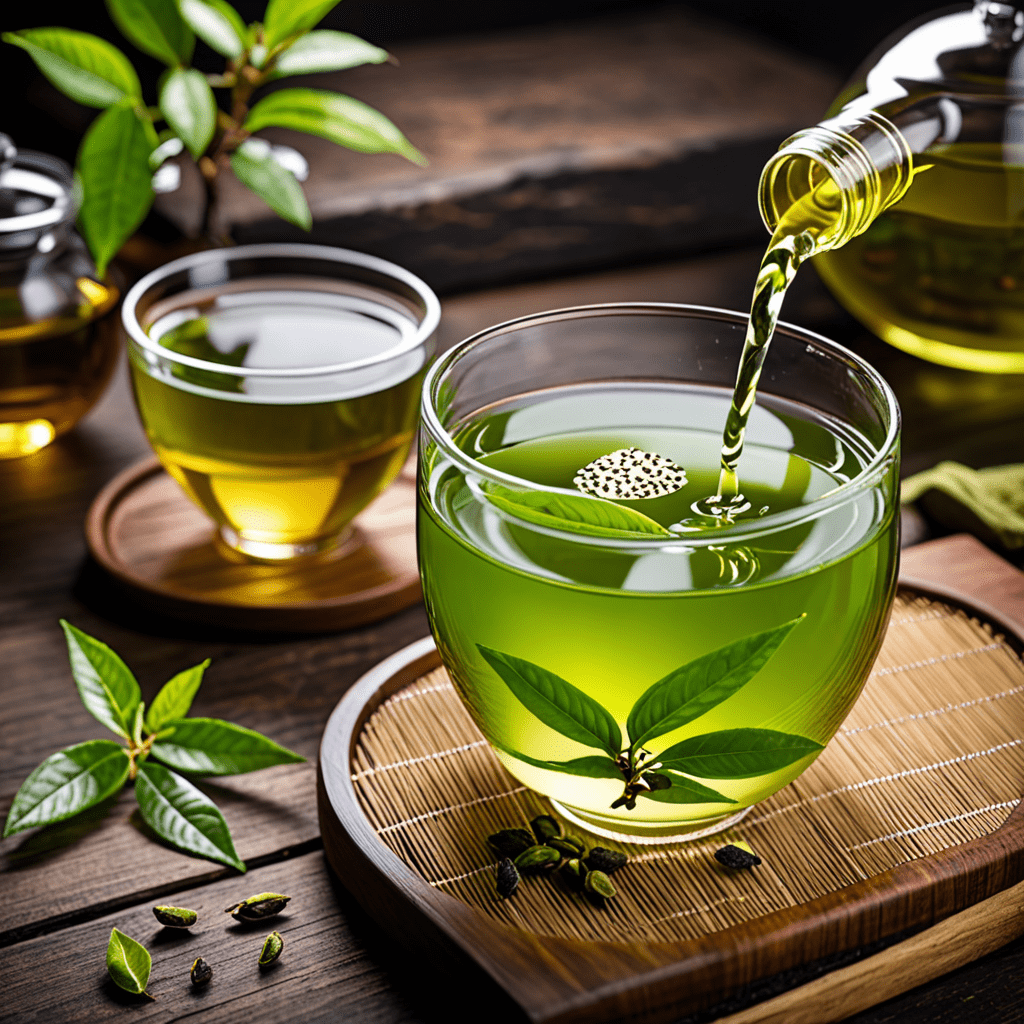
The Difference Between Green Tea and Black Tea
Green tea and black tea are two of the most popular teas consumed worldwide. While they both come from the same plant, Camellia sinensis, they undergo different processing methods that result in distinct flavors, appearances, and health benefits. In this article, we will explore the differences between green tea and black tea, helping you understand how they vary and how to choose the one that suits your preferences.
Processing Methods
One of the key differences between green tea and black tea lies in their processing methods. Green tea is made from non-oxidized Camellia sinensis leaves, which are quickly heated or steamed after being harvested. This prevents the tea leaves from undergoing oxidation and helps preserve their natural green color. On the other hand, black tea is fully oxidized, meaning that the leaves are exposed to air for an extended period, which changes their chemical composition and turns them dark brown or black.
Flavor Profiles
Green tea and black tea have contrasting flavor profiles due to their differing processing methods. Green tea tends to have a more delicate, grassy, and fresh taste, often described as vegetal or seaweed-like. It can exhibit sweet, nutty, or floral undertones, depending on the specific type of green tea. In contrast, black tea is known for its robust, bold, and full-bodied flavor. It can feature malt, caramel, fruit, or even smoky notes, providing a richer taste experience compared to green tea.
Caffeine Content
The caffeine content in tea can vary depending on various factors such as tea type, brewing time, and water temperature. While both green tea and black tea contain caffeine, the quantity can differ. Typically, black tea has higher levels of caffeine than green tea. However, the exact amounts can vary. On average, an 8-ounce cup of green tea contains around 20-45 mg of caffeine, while the same amount of black tea may contain 30-60 mg. It’s important to note that personal sensitivity to caffeine can vary, so individuals who are more sensitive may want to consider this when choosing between the two.
Health Benefits
Both green tea and black tea offer numerous health benefits, thanks to their rich antioxidant content. However, the specific antioxidants and their levels may differ due to the contrasting processing methods. Green tea is particularly renowned for its high concentration of catechins, a type of antioxidant that has been linked to various health benefits. Catechins are believed to possess anti-inflammatory and antioxidant properties, potentially offering protection against heart disease, certain types of cancer, and age-related cognitive decline. Black tea, on the other hand, contains theaflavins and thearubigins, which are responsible for its dark color and may contribute to its unique health benefits, such as promoting heart health and improving gut health.
Brewing Techniques
The brewing techniques for green tea and black tea also differ, primarily due to their varying flavor profiles and caffeine content. To brew green tea, it is recommended to use water at a relatively lower temperature, around 160-180°F (70-82°C), as higher temperatures may result in a bitter taste. Steeping green tea for about 1-2 minutes is usually sufficient. Conversely, black tea is typically brewed with boiling water, which helps extract its robust flavors effectively. The suggested steeping time for black tea is usually 3-5 minutes, but it can be adjusted according to personal preference.
Which Tea to Choose?
Ultimately, the choice between green tea and black tea comes down to personal preference in terms of flavor, caffeine content, and potential health benefits. If you prefer a milder, refreshing taste with potentially higher antioxidant levels, green tea might be the right choice for you. On the other hand, if you enjoy bold, robust flavors and a potential energy boost from a relatively higher caffeine content, black tea may suit your preferences better. Exploring different varieties within each tea type can also help you find specific nuances that align with your taste preferences.
Frequently Asked Questions (FAQ)
1. Can you mix green tea and black tea together?
Yes, you can mix green tea and black tea together to create a unique blend. This combination, known as oolong tea, offers a balanced taste and combines characteristics from both green and black teas.
2. Which tea has more antioxidants: green tea or black tea?
Green tea generally contains higher levels of catechins, which are potent antioxidants. However, black tea also contains its unique antioxidants called theaflavins and thearubigins. The specific antioxidant content can vary depending on the type and quality of the tea.
3. Is green tea less caffeinated than black tea?
Typically, green tea has lower caffeine levels compared to black tea. However, the exact caffeine content can vary depending on several factors, including the specific tea type, brewing conditions, and serving size.
4. Can I drink green tea in the evening?
Due to its lower caffeine content, green tea is generally considered a suitable choice for drinking in the evening. However, individuals who are more sensitive to caffeine may still want to limit their intake, especially closer to bedtime.
5. Are there any side effects of drinking green tea or black tea?
While green tea and black tea are generally safe to consume for most people, excessive intake or sensitivity to caffeine may cause side effects such as headaches, stomach upset, or difficulty sleeping. It’s always best to consume tea in moderation and consult with a healthcare professional if you have any specific concerns or medical conditions.
6. How can I store green tea and black tea properly?
To maintain the freshness and quality of both green tea and black tea, it’s crucial to store them in airtight containers away from moisture, light, and strong odors. Keep them in a cool, dry place, such as a cupboard or pantry, and avoid storing them near spices or coffee, as they can absorb unwanted flavors.
In conclusion, green tea and black tea certainly have their distinctive characteristics, ranging from flavor profiles to caffeine content and potential health benefits. Exploring and appreciating both teas can be a delightful journey for tea enthusiasts, providing an array of flavors and experiences to suit various preferences. So, whether you prefer the delicate and fresh notes of green tea or the bold richness of black tea, there is a world of tea waiting to be explored.


